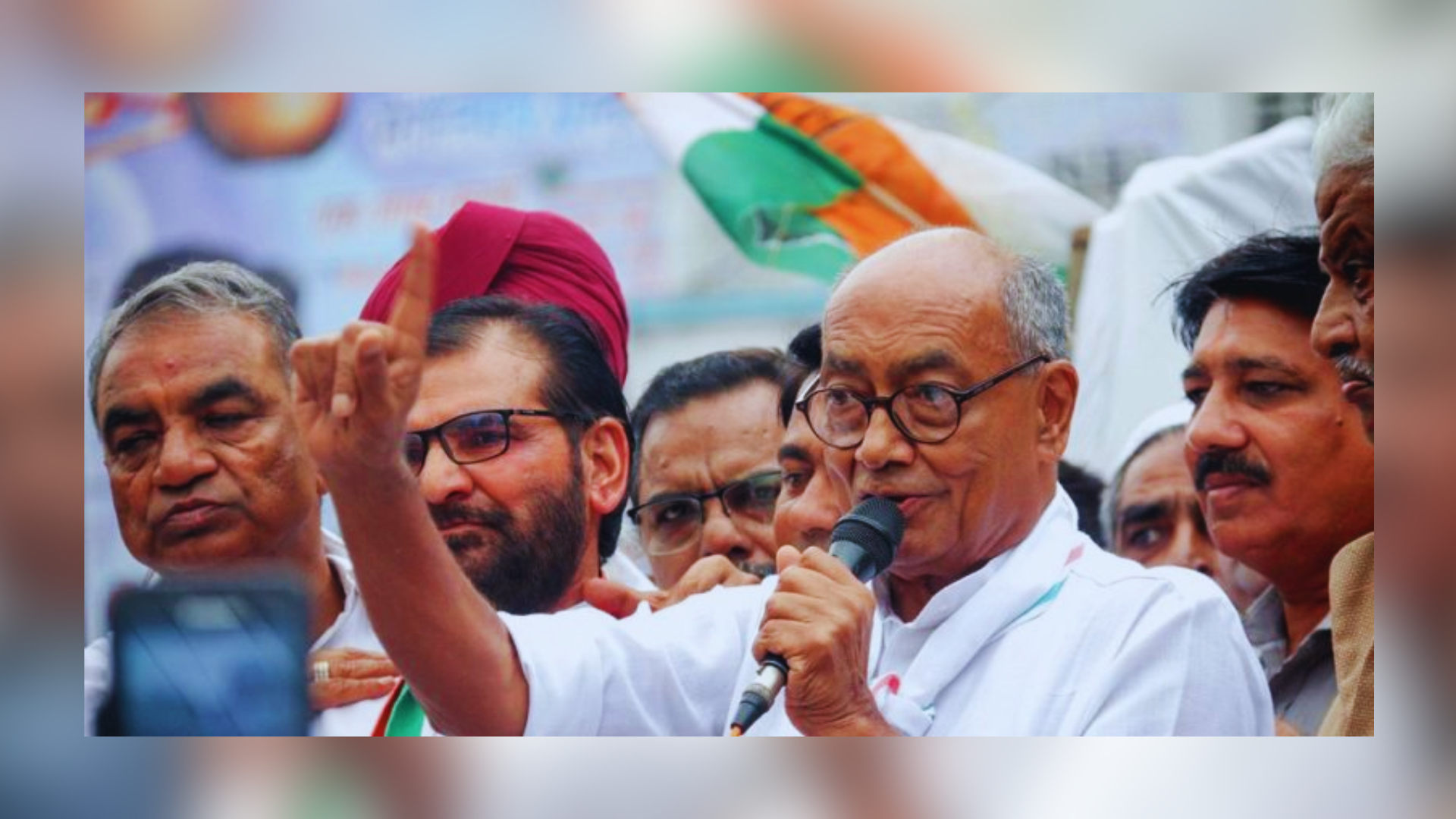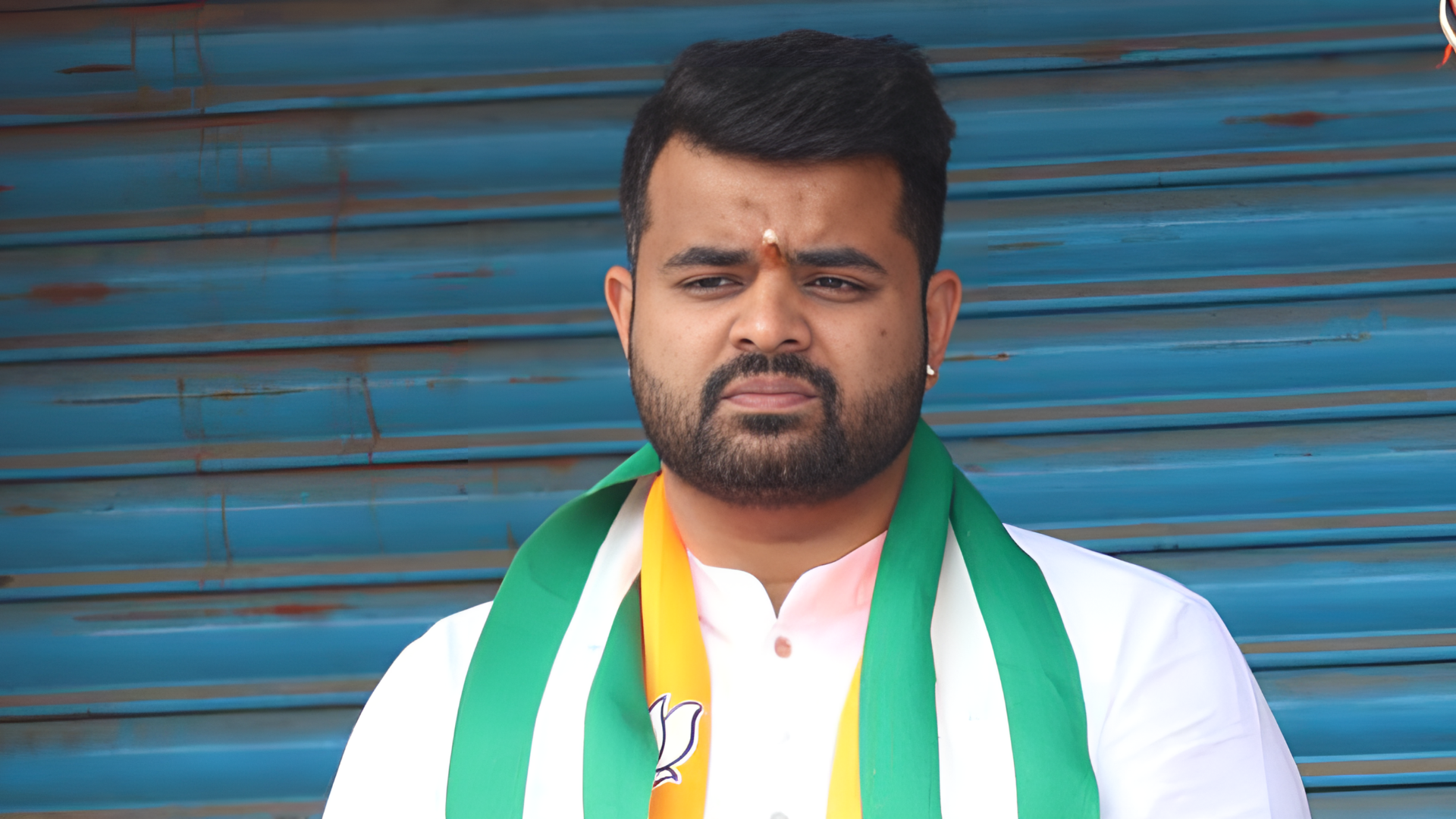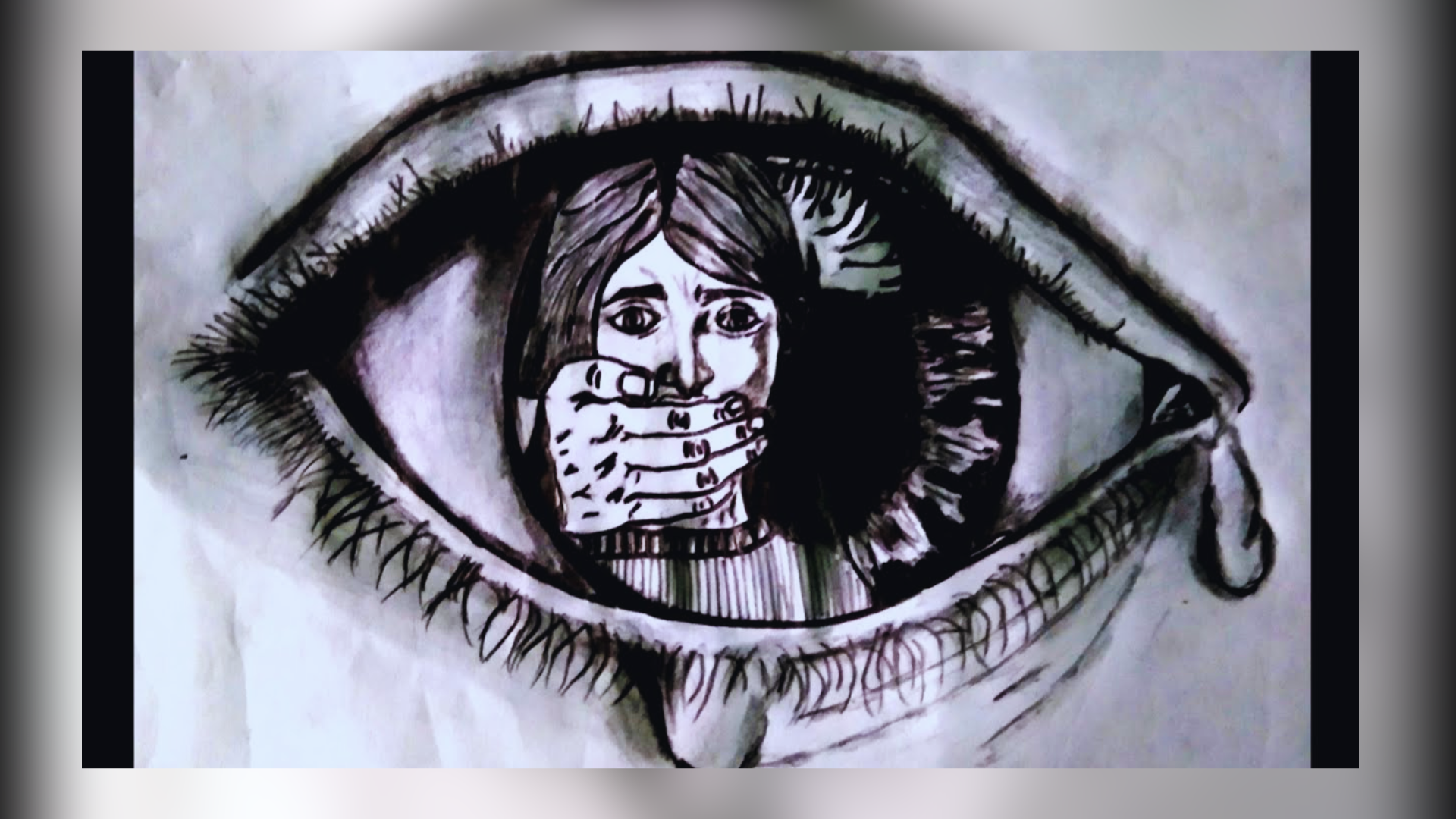







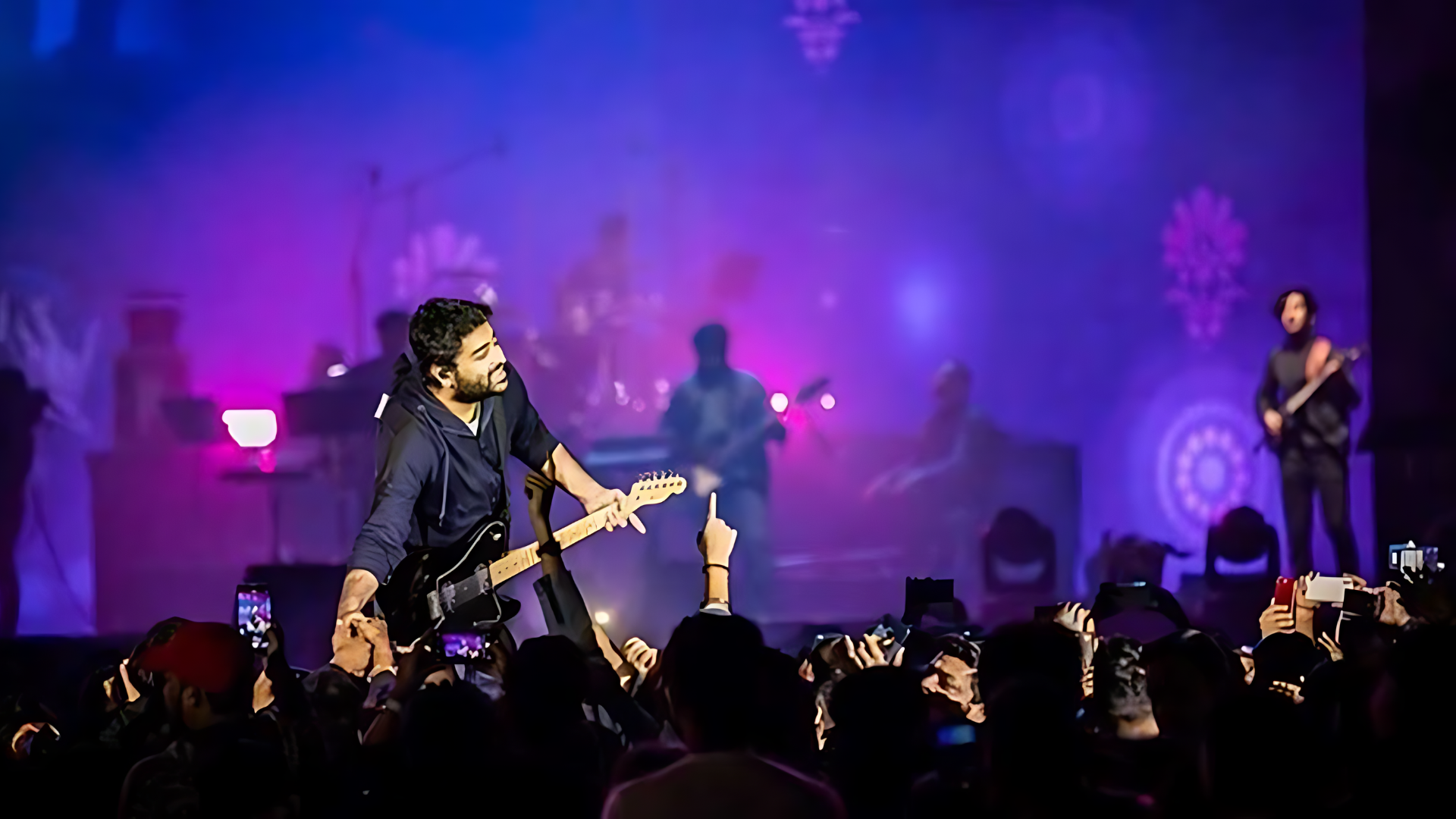
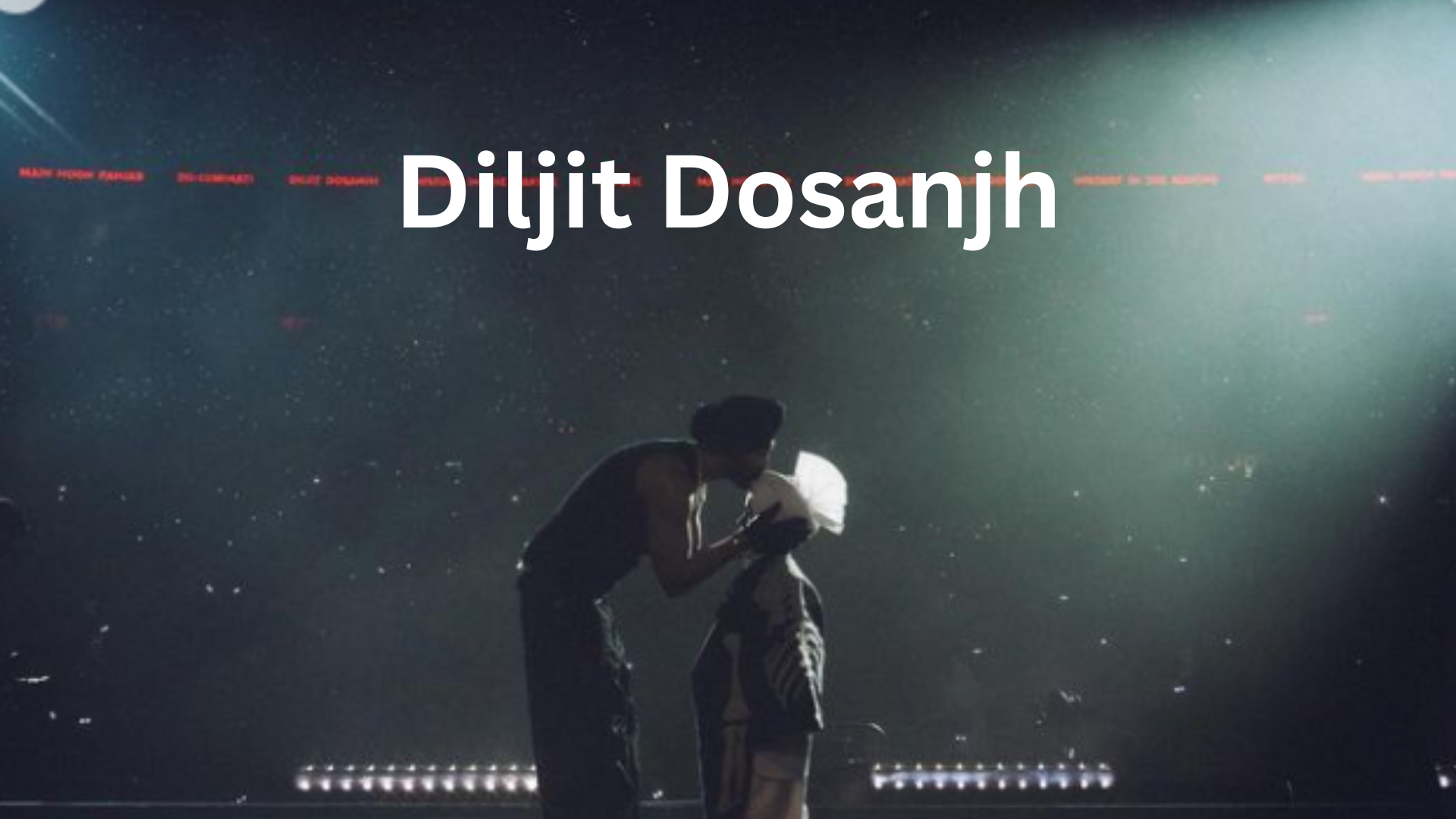
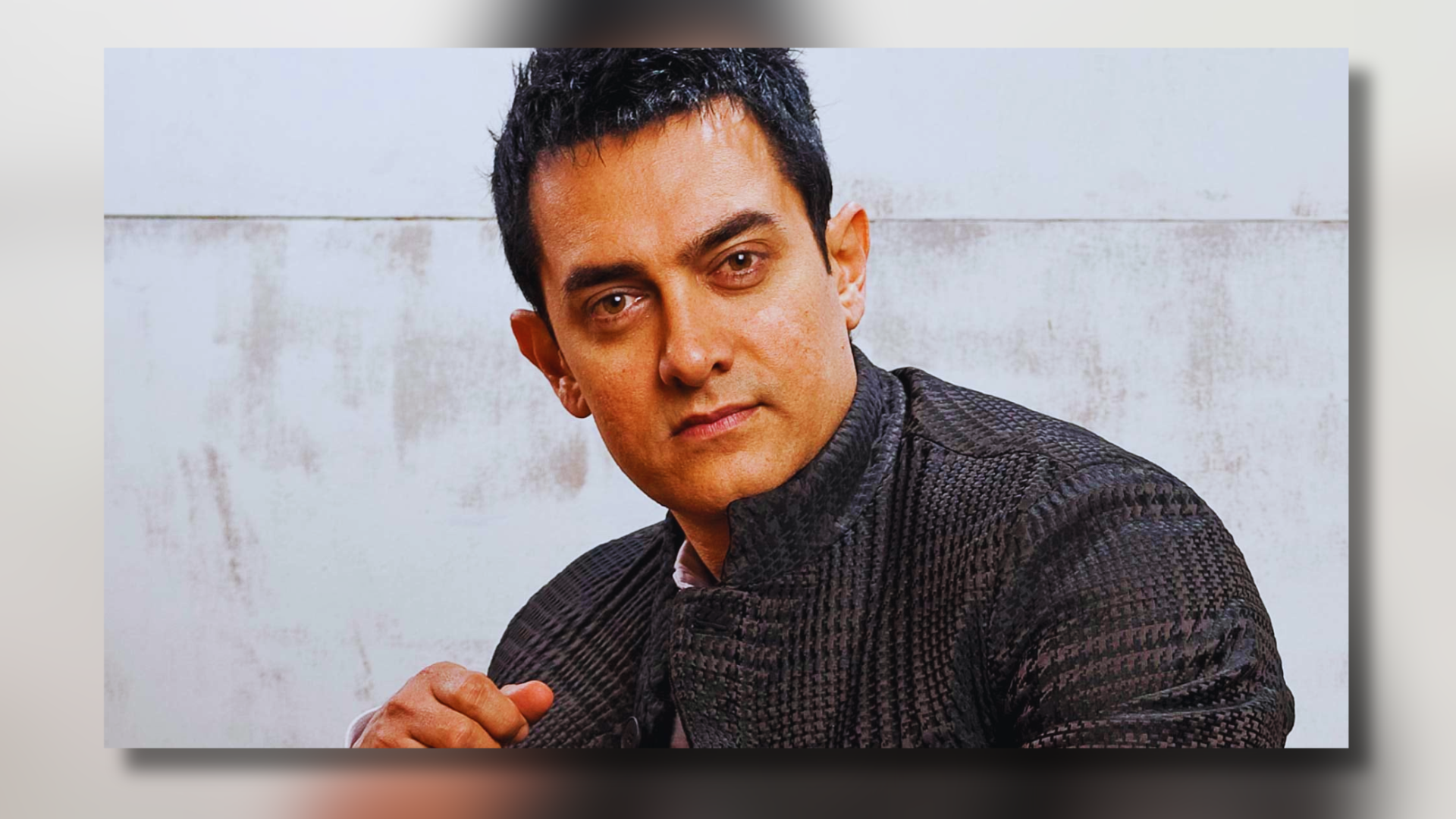
The Mumbai Police has taken action by registering an FIR against an unidentified individual regarding a deepfake video featuring actor Aamir Khan endorsing a political party, as confirmed by officials. The case, lodged at the Khar Police Station by Khan’s office, brings forth grave charges under sections of the Indian Penal Code (IPC), including 419 (impersonation), 420 (cheating) and the Indian Penal Code (IPC) and the Information Technology Act.
“We want to clarify that Mr Aamir Khan has never endorsed any political party throughout his 35-year career. He has dedicated his efforts to raising awareness through Election Commission public awareness campaigns for many past elections,” Mr Khan’s spokesperson had said in a statement.
The misuse of deepfake technology has sparked concerns about its potential to deceive the public and damage reputations. This incident not only impacts Aamir Khan but also highlights the increasing risk to public figures and the necessity for strict measures against digital impersonation.
The Mumbai Police’s Cyber Crime Cell is presently investigating the issue, aiming to uncover the origins of the deepfake video and hold those accountable. This case underscores the challenges posed by advanced digital technologies in spreading misinformation. As authorities strive to combat these threats, public awareness and vigilance become crucial in distinguishing between authentic and manipulated content.
ALSO READ
India Set To Host 17% of Global Elderly By 2050, Says Report





